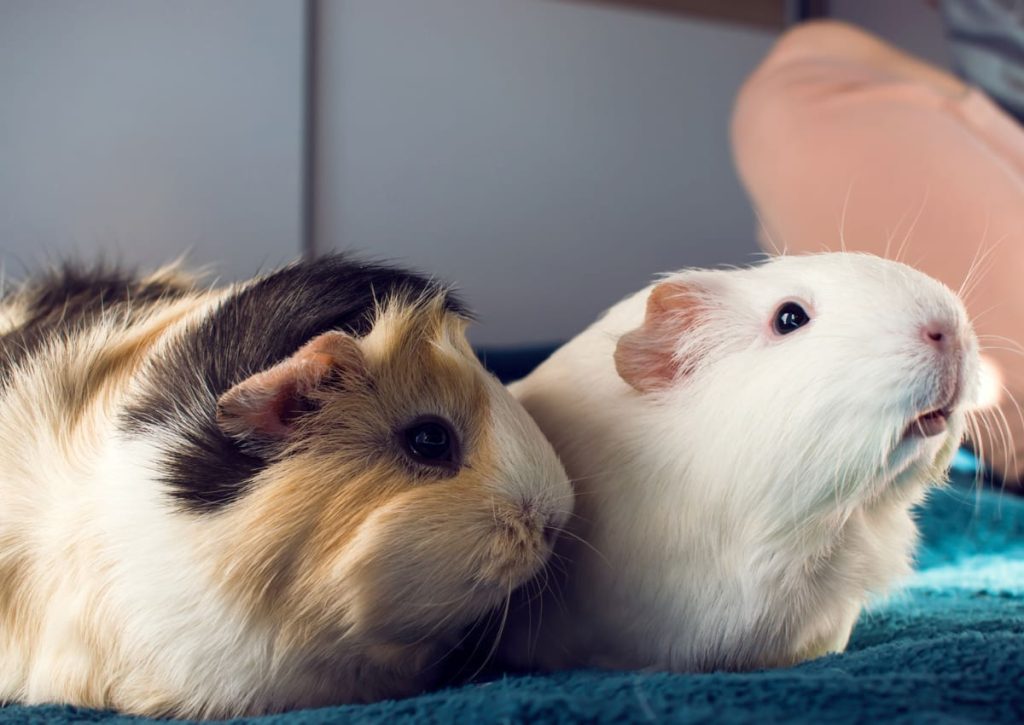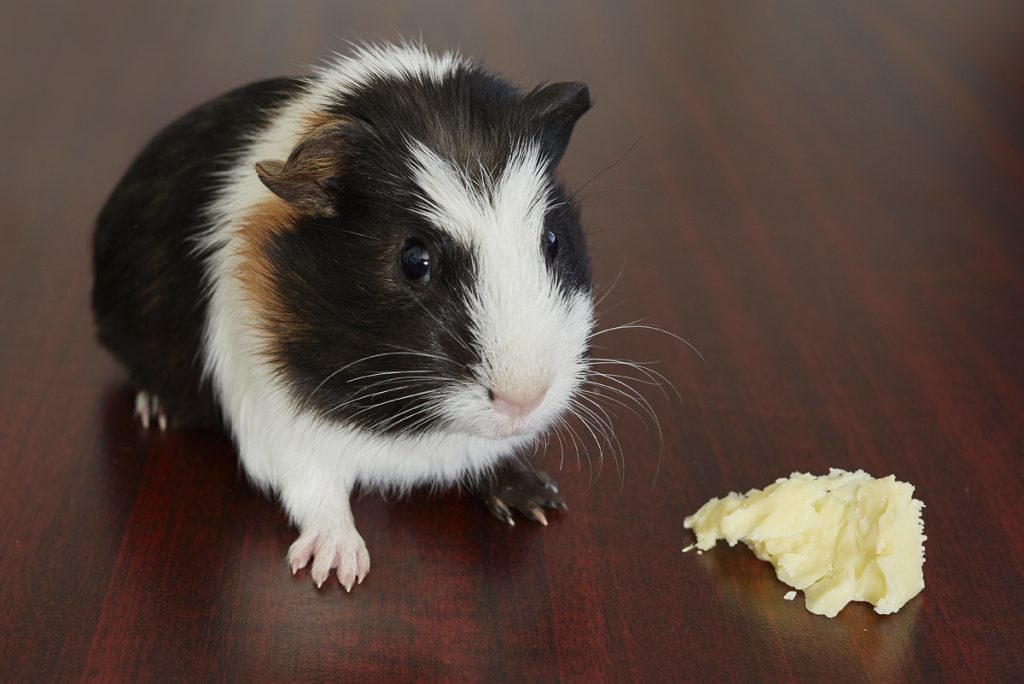Hamsters are popular pets due to their small size, low maintenance, and cute and cuddly appearance. Like all living creatures, hamsters have a lifespan and will experience aging as they grow older. In this article, we will discuss the lifespan and aging process of hamsters, including the factors that impact their lifespan and the signs of aging to watch for.

- Lifespan
The lifespan of a hamster can vary depending on several factors, including the species, genetics, diet, and care provided by the owner. The average lifespan of a hamster is around two to three years, although some species, such as the Roborovski and Chinese hamsters, may live up to four years.
Factors that impact the lifespan of a hamster include providing a healthy diet, regular exercise, and a clean and comfortable living environment. Additionally, regular veterinary check-ups can help detect and prevent health problems that may impact the lifespan of a hamster.
- Signs of Aging
As hamsters age, they may begin to experience a range of physical and behavioral changes. The following are some signs of aging to watch for in hamsters:
Reduced activity: As hamsters age, they may become less active and spend more time sleeping or resting.
Weight loss: Aging hamsters may experience weight loss due to a decrease in appetite or slowed metabolism.
Dental problems: Hamsters may develop dental problems as they age, including overgrown teeth or dental decay.
Vision and hearing loss: Aging hamsters may experience a decline in vision and hearing, which can impact their ability to navigate their environment.
Joint problems: Hamsters may develop joint problems, such as arthritis, as they age, which can cause stiffness or difficulty moving.
Skin problems: Aging hamsters may experience skin problems, such as dryness or irritation, due to a decrease in oil production.

- Caring for Aging Hamsters
As hamsters age, it’s important to provide them with specialized care to help support their health and well-being. The following are some tips for caring for aging hamsters:
Provide a comfortable living environment: Aging hamsters may require a more comfortable living environment, including a soft and comfortable bedding material and a warm and draft-free living space.
Adjust their diet: Aging hamsters may require a diet that is adjusted to meet their changing nutritional needs. This may include a diet that is lower in fat and higher in fiber to support digestion.
Provide regular veterinary check-ups: Regular veterinary check-ups can help detect and prevent health problems that may impact the lifespan of a hamster.
Provide regular exercise: Regular exercise can help keep aging hamsters active and engaged, which can improve their overall health and well-being.

In conclusion, hamsters have a lifespan and will experience aging as they grow older. The lifespan of a hamster can vary depending on several factors, including the species, genetics, diet, and care provided by the owner. As hamsters age, they may experience a range of physical and behavioral changes, including reduced activity, weight loss, dental problems, vision and hearing loss, joint problems, and skin problems. By providing specialized care for aging hamsters, including adjusting their diet, providing a comfortable living environment, and providing regular veterinary check-ups, you can help support their health and well-being during their golden years.